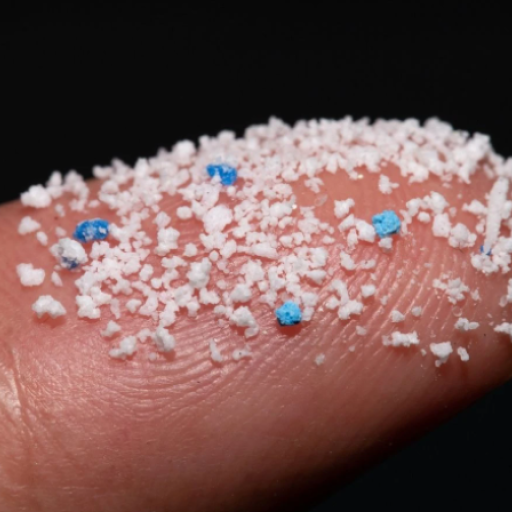Action 47: Industry phase out of microplastics in cosmetics
Action Title: Engage with all appropriate sectors (manufacturing, retail etc.) to explore the possibility of a voluntary agreement to phase out the use of micro plastics as a component in personal care and cosmetic products. Should a voluntary agreement prove not to be sufficient, prepare a proposal for OSPAR to call on the EU to introduce appropriate measures to achieve a 100% phasing out of micro plastics in personal care and cosmetic products.
Lead Party(ies): Belgium, Germany and Netherlands with assistance of Sweden, Austria , Seas at Risk
What is the issue?
The use of microbeads in personal care products is an example of intentional microplastics and were identified in the assessment of sources and pathways of microplastics undertaken within the context of Action 56. Although a relatively small proportion of microparticles of marine litter, this has been a publicly visible issue.
What has OSPAR Done?
OSPAR entered into a dialogue with Cosmetics and Plastics Europe in spring 2015 to discuss the voluntary phase out of the use of microplastics in personal care products.
A voluntary recommendation was published by Cosmetics Europe in 2015 to discontinue wash off cosmetic products placed on the market as of 2020. As of 2018 Plastics Europe have shown a >97% reduction in use of plastic microbeads.
Final outputs and published reports
ACTION COMPLETED
------------------------------
------------------------------
Cosmetics Europe Recommendation on Solid Plastic Particles (Plastic Micro Particles)
----------------------------------
Since the upcoming new REACH regulations will address Primary Microplastics intentionally added to products the tasks group decided to wait for this new piece of legislation before taking further steps.

